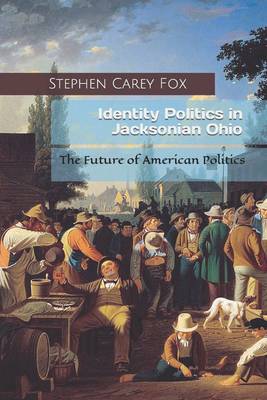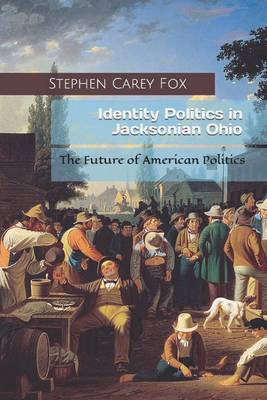
- Retrait gratuit dans votre magasin Club
- 7.000.000 titres dans notre catalogue
- Payer en toute sécurité
- Toujours un magasin près de chez vous
- Retrait gratuit dans votre magasin Club
- 7.000.000 titres dans notre catalogue
- Payer en toute sécurité
- Toujours un magasin près de chez vous
Identity Politics in Jacksonian Ohio
The Future of American Politics
Stephen Fox
Livre broché | Anglais
18,95 €
+ 37 points
Description
To succeed, American politicians of the 21st Century attach themselves to various groups. But this strategy isn't novel. The origin of identity politics belongs to the Second Party System of the Jacksonian Era. Typical accounts of that era focused on the character and actions of political leaders related to economic issues. Democrats were of modest means and appealed to voters like themselves; Whigs were rich and catered to wealthy constituents. With few exceptions, little attention was paid to ordinary voters. Through a systematic analysis of voter choice in Ohio, Identity Politics challenges such generalizations about the influence of political elites on voter behavior. The result? The political behavior of voters in the Buckeye State stemmed less from passing issues than it did the influences of culture, sources and patterns of migration, and the value of partisanship. Their behavior foretold The Future of American Politics.
Spécifications
Parties prenantes
- Auteur(s) :
- Editeur:
Contenu
- Nombre de pages :
- 290
- Langue:
- Anglais
Caractéristiques
- EAN:
- 9798636009207
- Date de parution :
- 10-04-20
- Format:
- Livre broché
- Format numérique:
- Trade paperback (VS)
- Dimensions :
- 152 mm x 229 mm
- Poids :
- 390 g







